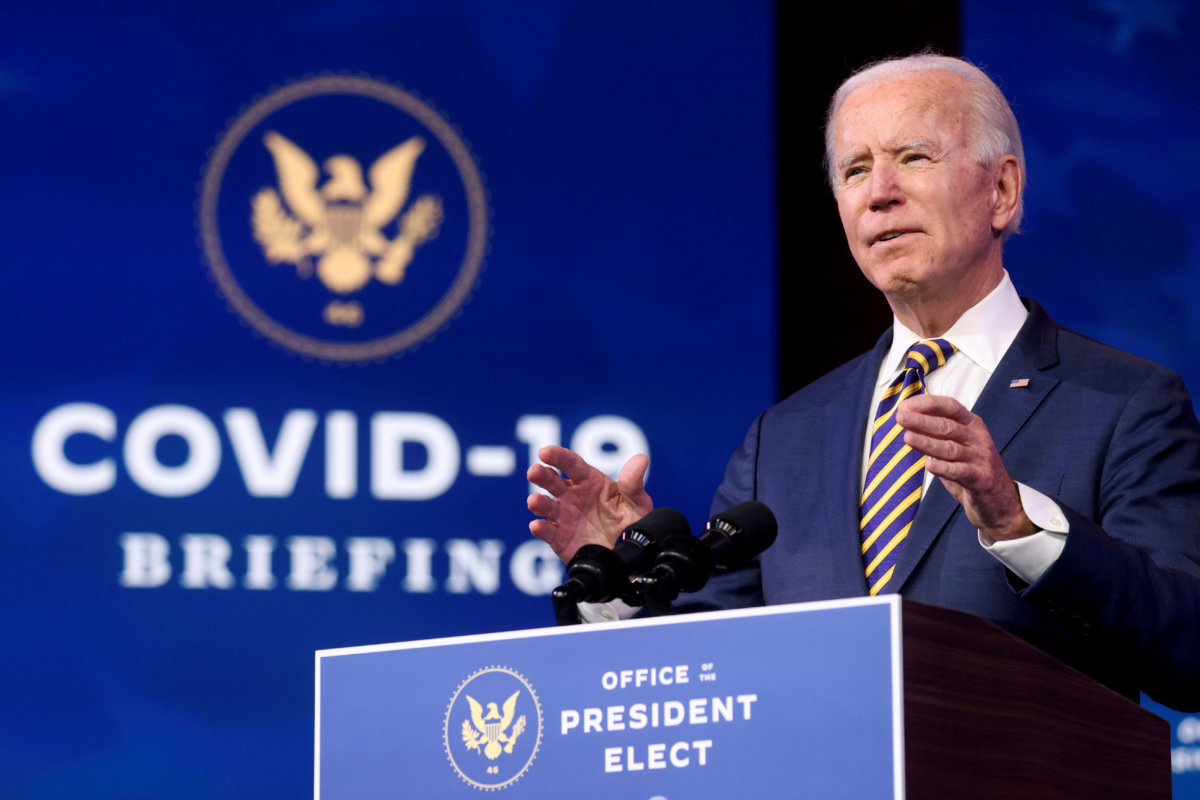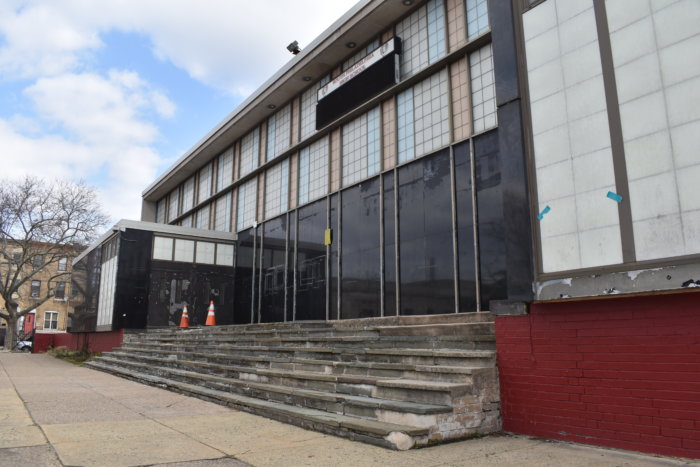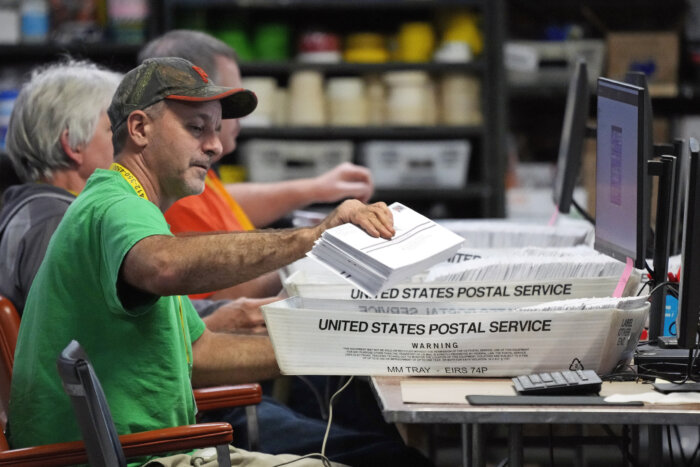By David Morgan and Richard Cowan
The U.S. Senate voted on Thursday to take up President Joe Biden’s $1.9 trillion coronavirus aid bill, setting up what is likely to be a contentious, days-long debate over the merits of the sweeping package.
The party-line vote of 51-50, with Democratic Vice President Kamala Harris breaking the tie, illustrated that Democrats who narrowly control the chamber can expect little, if any, Republican support.
A vote on final passage could come over the weekend. Republicans are expected to use procedural tricks to drag out the process for as long as possible.
With no votes to spare, Democrats tweaked the bill to ensure that all 50 of their members would support it. They said they would steer more aid to smaller U.S. states and add money for infrastructure projects, among other changes.
But efforts by some senators to alter temporary federal unemployment benefits failed. The Senate bill keeps the House of Representatives’ plan for $400 per-week payments through Aug. 29. It was unclear whether any senators will try to change that, possibly to $300, during the lengthy amendment process in coming days.
“The time is now to move forward with big, bold, strong relief for the American people,” Senate Democratic Leader Chuck Schumer said.
Security was tight at the U.S. Capitol, the scene of a deadly assault in January by followers of then President Donald Trump, a Republican. Police warned that a militia group might try to attack on Thursday, but there were few protesters around the complex.
The relief bill, Biden’s top legislative priority, includes funding for vaccines and medical supplies, extends jobless assistance and provides a new round of emergency financial aid to households, small businesses and state and local governments. Opinion polls indicate broad public support.
Senate Democrats on Wednesday tightened criteria for stimulus checks so fewer high-income households would qualify.
The compromise means that 9 million fewer households would receive a stimulus payment than in the last tranche of payouts in 2020. It also lowers the cost of the legislation by $12 billion, according to Senate Democrats.
On Thursday, they said they had increased minimum payments to states with smaller rural populations to match the $1.25 billion minimum contained in last year’s CARES Act. The bill passed by the House set the floor at $500 million.
“Small states will secure at least as much as they did in the CARES Act,” Senate Finance Committee Chairman Ron Wyden told reporters.
The bill also has been modified to ensure that small towns get a slice of that aid.
Democrats also added $10 billion for infrastructure, $8.5 billion for health providers and expanded health-care subsidies for those who lose their jobs.
DELAYING TACTIC
Senate Minority Leader Mitch McConnell said the package contains too many provisions that would not directly go towards fighting a pandemic that has killed nearly 520,000 Americans and left millions more jobless.
“Washington Democrats are trying to exploit the last chapters of this crisis to pass the most progressive domestic legislation in a generation,” he said.
Republicans are forcing the Senate clerk to read every word of the bill of hundreds of pages, which could take up to 10 hours.
Democrats hope Biden can sign it into law before March 14, when some of the current benefits run out.
They, along with many economists, insist the United States needs another strong shot of stimulus in order to avoid a slow, painful economic recovery from the impacts of the pandemic.
In the Senate, bills usually require the support of 60 senators. But the coronavirus relief bill is being advanced under a legislative maneuver known as reconciliation that allows passage with a simple majority vote.
Reuters
































